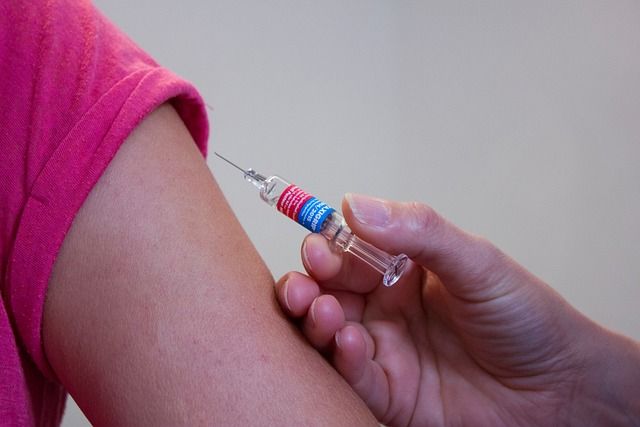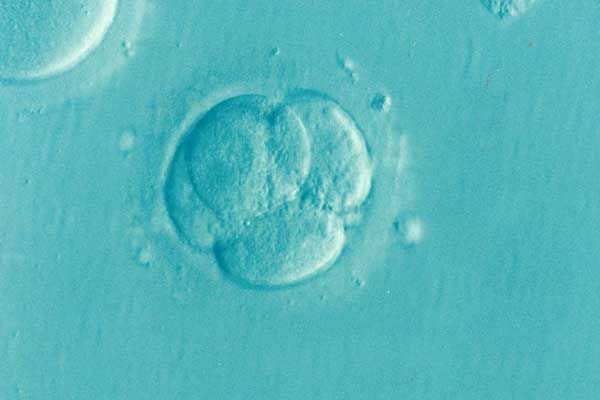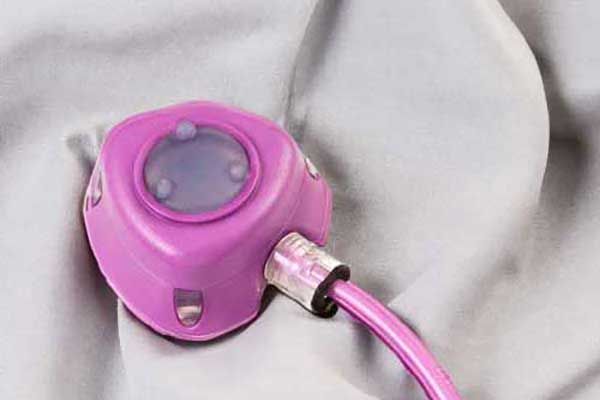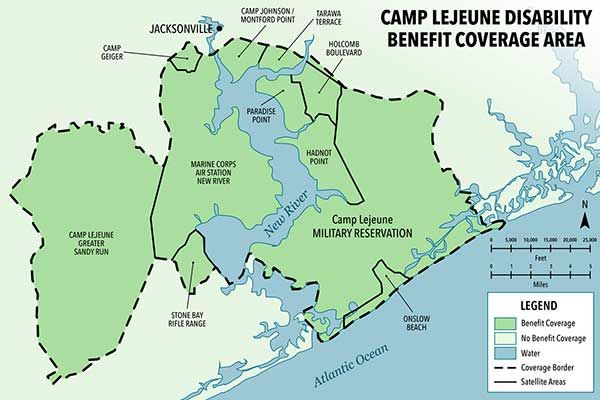

5,000 Camp Lejeune Water Contamination Claims Filed
According to the U.S. Navy, as reported by Reuters, about 5,000 claims have already been filed concerning injuries sustained from toxic water on Camp Lejeune. The claims were filed in Norfolk, Virginia with the Office of the Judge Advocate General of the Navy’s Tort Claims Unit.
It has been a little over a month since President Biden signed the PACT Act into law, allowing veterans and their families who sustained injuries from Camp Lejeune’s polluted water to file a claim. Claimants must have been exposed to contaminated water while living or working on Camp Lejeune for at least 30 days between 1953 and 1987. Plaintiffs must also show proof that they suffered an injury caused by the contamination. Potential claimants have two years from the date the Act was signed to file these injury claims.
With approximately one million people living and working on base during the timeframe that the water was polluted, many more service members may come forward to file injury claims. Chemicals such as benzene, trichloroethylene, tetrachloroethylene, and vinyl chloride were among the toxins knowingly dumped into the base’s drinking water, which may cause certain cancers or other serious injuries, including miscarriage and female infertility.
Military veterans, their families, and other civilians who lived or worked on Camp Lejeune deserve justice for their injuries.
Interested in Filing a Camp Lejeune Water Contamination Injury Lawsuit?
If you lived or worked at Camp Lejeune in North Carolina between 1953 and 1987 and believe your cancer or other serious injury was caused by water contamination, call us today. Grant & Eisenhofer P.A. attorneys can evaluate your potential claim with you during a completely free consultation.









